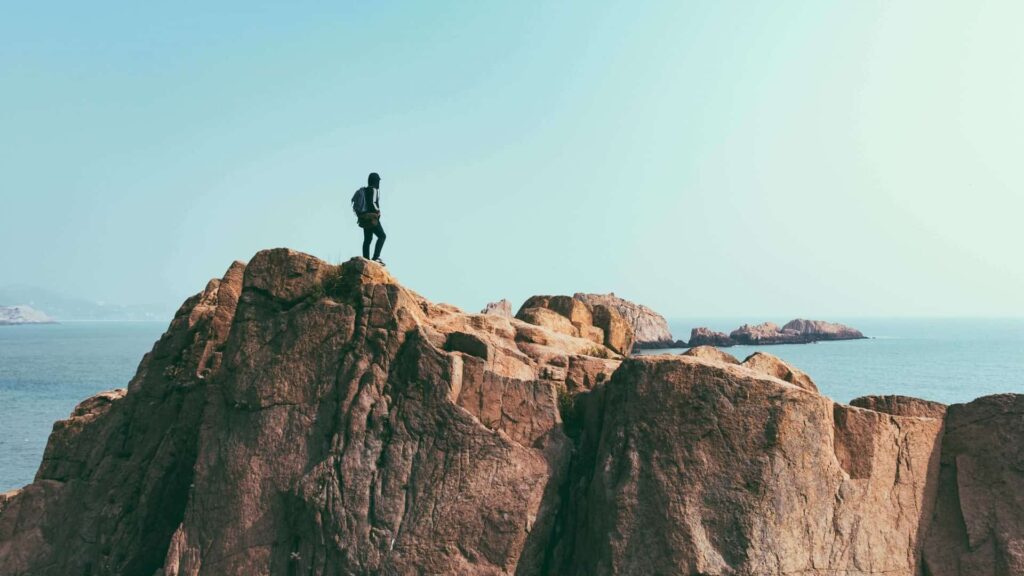Tucked between Tsavo and Amboseli, the Chyulu Hills offer an enchanting landscape of rolling green hills, volcanic cones, and vast wilderness. This lesser-explored gem is perfect for travelers seeking solitude and a connection with nature. The region is home to diverse wildlife, including elephants, giraffes, and cheetahs, and offers panoramic views of Mount Kilimanjaro on clear days.
The Chyulu Hills also hold cultural significance, with the Maasai people inhabiting the area. Visitors can engage with Maasai communities to learn about their traditions and way of life. Whether you’re trekking through the hills, exploring lava caves, or simply soaking in the tranquility, the Chyulu Hills promise a unique and off-the-beaten-path adventure.
Key Features
– Scenic volcanic landscapes
– Diverse wildlife and bird species
– Panoramic views of Mount Kilimanjaro
– Cultural experiences with the Maasai
Best Time to Visit
– June–October (dry season, clear views, and easy trekking)
– January–February (mild weather)
Activities
– Guided hikes through the hills
– Wildlife viewing and birdwatching
– Exploring Leviathan Cave (one of the world’s longest lava tubes)
– Horseback safaris
– Cultural visits to Maasai villages
Getting There
– 4–5 hour drive from Nairobi
– Charter flights to private airstrips in the area
Recommended Stay
2–3 nights
– 1–2 days for hiking and wildlife activities
– 1 day for cultural exploration and relaxation
Travel is the movement of people between relatively distant geographical locations, and can involve travel by foot, bicycle, automobile, train, boat, bus, airplane, or other means, with or without luggage, and can be one way or round trip. Travel can also include relatively short stays between successive movements.
The origin of the word "travel" is most likely lost to history. The term "travel" may originate from the Old French word travail, which means ‘work’. According to the Merriam Webster dictionary, the first known use of the word travel was in the 14th century.
It also states that the word comes from Middle English travailen, travelen (which means to torment, labor, strive, journey) and earlier from Old French travailler (which means to work strenuously, toil). In English we still occasionally use the words "travail", which means struggle. According to Simon Winchester in his book The Best Travelers’ Tales (2004), the words "travel" and "travail" both share an even more ancient root: a Roman instrument of torture called the tripalium (in Latin it means "three stakes", as in to impale).













Write a Review